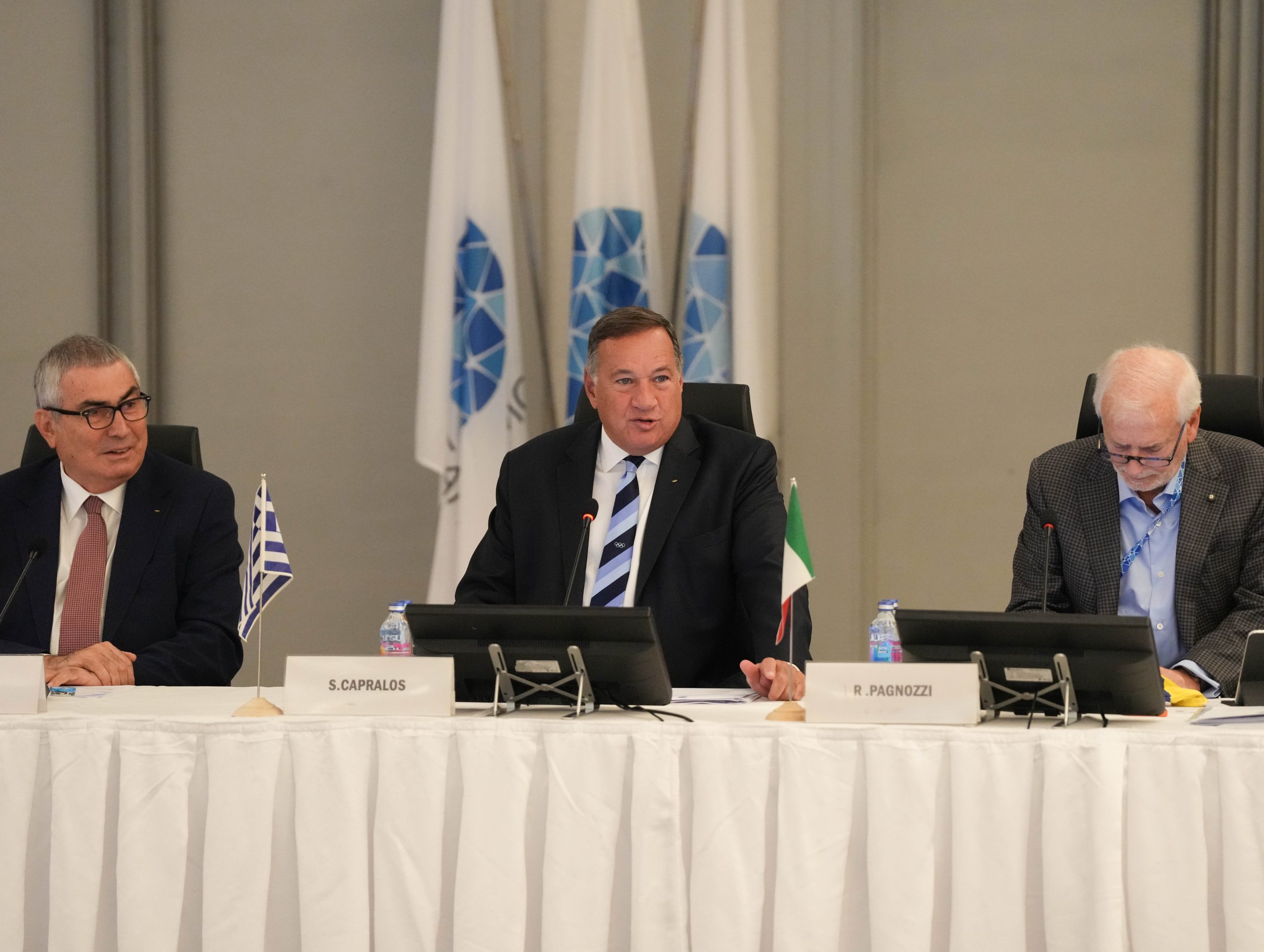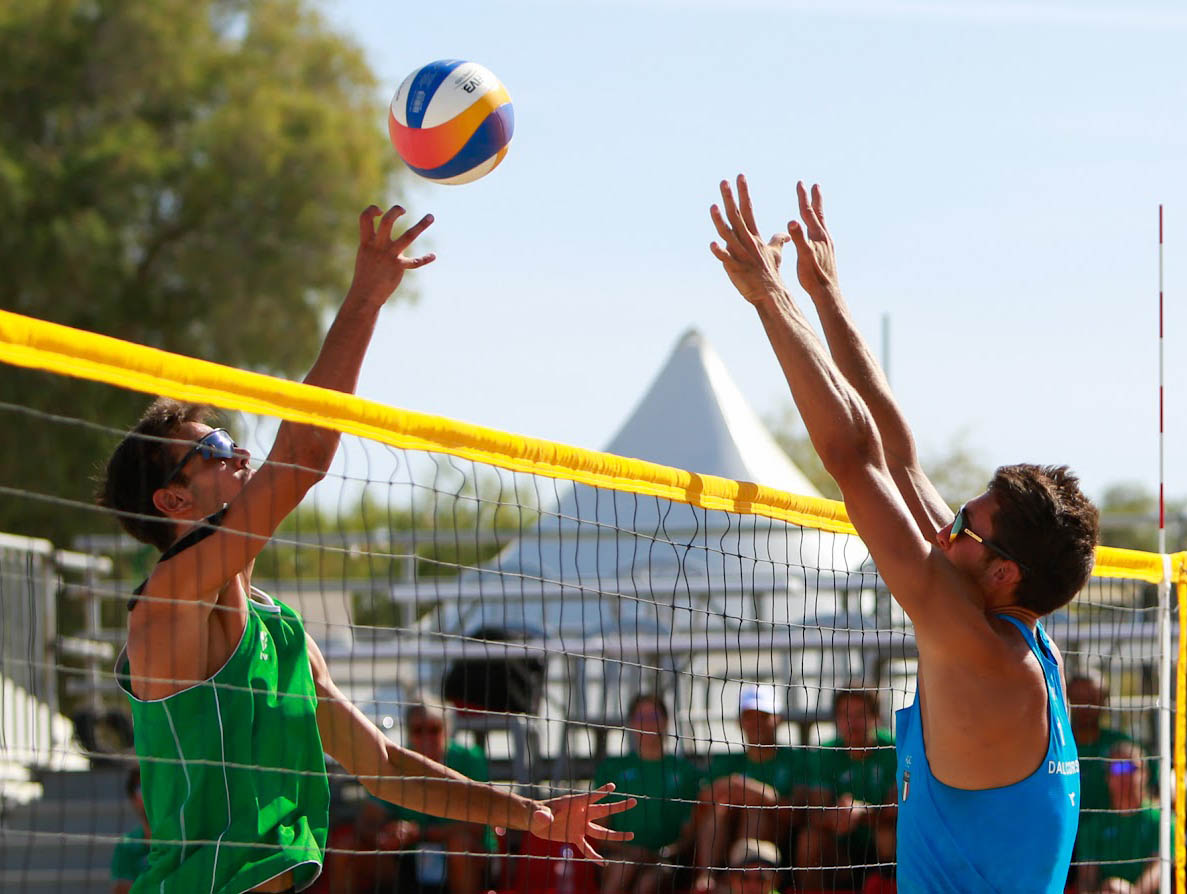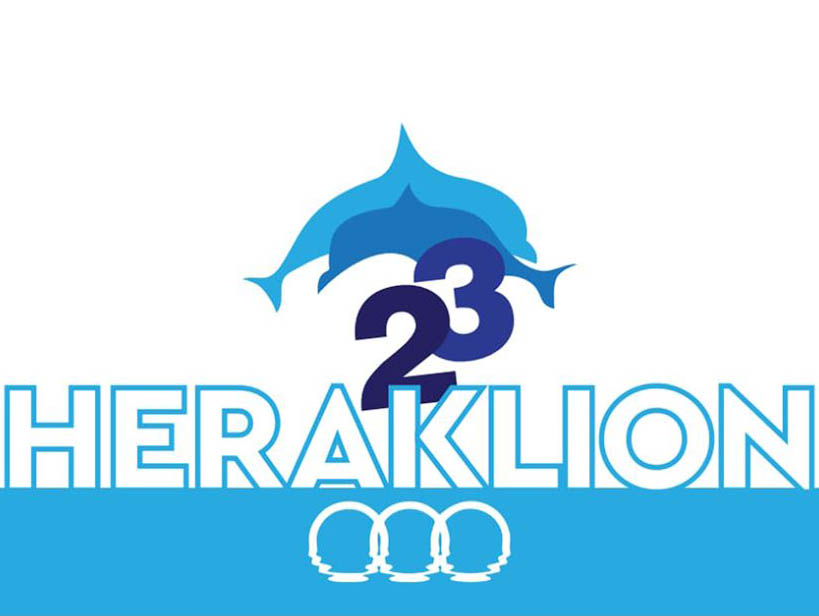1 European Court of Justice – betting on sports in Italy
In a case put before the European Court of Justice for preliminary decision and regarding the compatibility of Italian laws on the regulation of betting on sports with Community law, Attorney General Siegbert Alber gave his concluding decisions on 13th March 2003.
In the initial proceedings before the Ascoli Piceno tribunal, more than 100 people were accused of contravening the Italian laws on games of chance. These laws state that betting on sports in Italy may be organised only by offices that have been issued a State licence to do so and come under the control of CONI (Italian National Olympic Committee) or UNIRE (national union for the development of horse breeds).
Investigations by the Italian Public Prosecutor’s Office disclosed that the defendants were running an extensive network of agencies with business connections with the British bookmaker Stanley International Ltd and, in a kind of mediator role for that company, were offering bets on the Italian market. Although those bets were then forwarded to Stanley International over the Internet and, finally, concluded via server in Britain, the Italian Public Prosecutor’s Office came to the conclusion that the defendants had organised betting on sports without a State licence and, therefore, illegally pursuant to the aforementioned laws.
The case assumed a European dimension and was eventually submitted to the European Court of Justice, because the defendants cited, among other things, the principles of free movement of services and freedom of establishment applicable in the EU. They argued that the restriction ensuing from the Italian laws on offering services (in this case the organisation of betting on sports) was incompatible with the corresponding Articles 49 and 43 of the EC treaties.
However, the Italian State defended this restriction and the monopoly it created de facto with “compelling grounds of general interest”, according to which such a restriction of the betting activity was justified and permitted. Among such reasons, the Italian State cited the aims of the protection of public order, the protection against fraud in betting and similar games of chance, the protection of people against gambling addiction and the use of much of the revenue from the betting and lottery monopoly for sports, cultural and social purposes. Many other EU Member States with similarly restrictive legislation, which also reserved the organisation of betting and lotteries for the State, endorsed these arguments in defence of their own regulations.
In his concluding opinion, however, the Advocate General pleads for the Italian laws in question to be declared incompatible with Article 49 EC (free movement of services). In particular, he reproaches the Italian government for putting forward the cited “compelling grounds of the general interest” as pretexts. A series of measures by the Italian government in the recent past, above all the awarding of several hundred new licences, shows that it is interested only in maintaining the betting monopoly in order to protect its revenue. But restricting the free movement of services on such grounds is inadmissible and therefore incompatible with European law.
No date has been announced for the court decision yet.
2 State aides for marinas in the Netherlands
In a letter dated 5th February 2003, the Commission informed the Dutch authorities that it is to introduce a procedure according to Article 88 Section 2 EC Treaty relating to State advantages for three marinas. The Commission feels compelled to carry out a formal test procedure in order to establish whether, in the case of the measures in question, it concerns a State aid within the meaning of Article 87 Section 1 EC Treaty.
In the European Union Official Journal of 22nd March 2003, the Commission asks all those involved to state their position within a month.
Background:
In a letter dated 1st March 2001, the Commission received a complaint regarding possible distortions of competition among marinas in the Netherlands. Several marinas are said to have received State aides for constructing their landing places, which enables them to charge lower mooring fees for pleasure craft.
The sailing club KNZ & RV marina based in Enkhuizen, the sailing club Suidwal marina based in Nijkerk and the Jachtwerf Jongert company based in Wieringermeer are the subject of formal investigations by the Commission.
3 Call for projects within the framework of the EU health programme
The European Commission has called for the submission of project proposals within the framework of the Action Programme in the Public Health Sector running from 2003 to 2008. The general aims of the programme, which is provided with a total budget of 312 million euro, are the protection of human health and improvements in the public health service by:
– improving the level of information and knowledge in the interests of further developing the public health service;
– improving the rapid and coordinated reaction to health risks;
– giving greater consideration to health-related aspects in the EU’s activities.
Furthermore, the programme should help to strengthen the cooperation among the Member States in the field of health and reduce inequalities. These long-term goals, to be worked towards over the whole period of the programme, are to be pursued by priorities for measures specified annually by the Commission. Of the priorities selected for 2003, the “health factors” area in particular is important for sport.
These factors include, among other things, nutrition, physical movement, alcohol, drugs, tobacco, psychological health and risk of injury. Emphasis will be placed on asking for the development of innovative concepts to improve eating habits and physical movement in all groups of the population.
Projects running over several years, which are, moreover, carried out in several Member States and accession countries, always take precedence.
The principle of cost-sharing applies to all measures, whereby a maximum of 80% of the actual project costs may be provided as a subsidy. Further information on costs qualifying for support, selection criteria and further focuses for 2003 can be accessed at the following Website. The closing date for receipt of project proposals in the context of this appeal is 16th May 2003.
http://europa.eu.int/comm/health/ph_programme/documents/Call_2003/call_2003_en.pdf
4 People to People projects
The Community initiative Interreg provides an opportunity to support smaller sports events in border regions. Within the framework of the Interreg III A part of the programme, an individually-earmarked fund to support small cross-border projects in the designated assistance regions is available in the Euregios. The self-administration of the funds in the regions also facilitates an uncomplicated application procedure. The assistance criteria may vary from region to region.
Applications for People to People projects may, in general, be submitted by clubs and societies, non-profitmaking organisations and cultural and social institutions.
Project example – Austria:
Against the background of EU expansion, the ASKÖ (Arbeitsgemeinschaft für Sport und Körperkultur in Österreich or Association for Sports and Physical Culture in Austria), together with representatives of sports organisations from Hungary, the Czech Republic and Slovakia, was conducting a survey on the subject of “Sports without frontiers”. The intention was to examine together the possibility of more intensive cooperation in the future. Moreover, new paths were to be opened up for the movement of sports across borders.
Project example – Euregio Central-Southern Upper-Rhine:
Every year, five cities of the Euregio where three countries meet – Germany, France and Switzerland – take it in turns to organise a sports festival, the so-called “three-country games”. The communities of Bale, Hunnigue, Lorrach, Saint-Louis and Weil take part, each entering two teams to every 15 participants. The competitions follow the principle of friendly encounters and fair play.

















